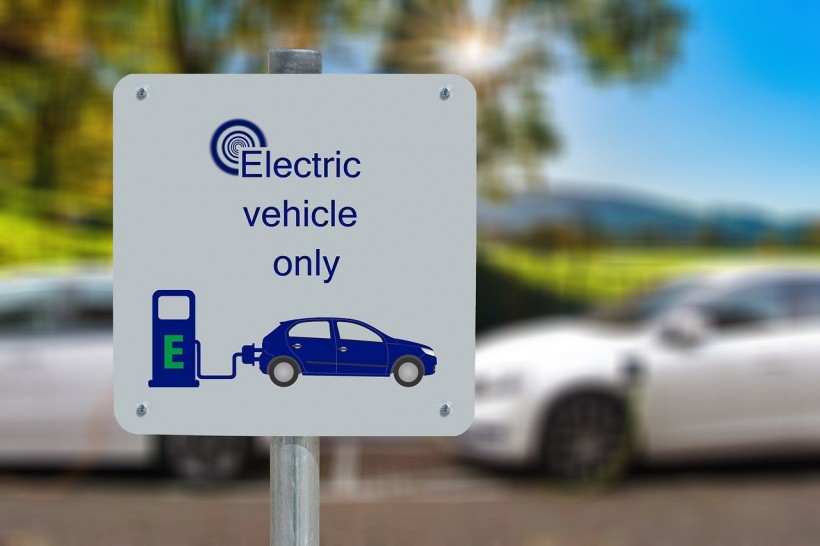California experienced one of its worst heat waves last week as San Jose, Sacramento, and Redwood City recorded their hottest all-time temperatures, according to The Atlantic. More residents have been using air conditioning due to this and electricity use in the state has spiked to more than 52,000 megawatts, which is 3% higher than previous all-time records.
California's power grid has been pushed to the brink of blacking out and some state officials implore electric vehicle owners to wait a few hours before plugging their vehicles. There are concerns that electric vehicles could overburden the power grid of California and make it collapse, but experts say otherwise.

Electric Vehicles Part of the Solution to Problems of Electricity in California and Not the Problem, Experts Claim
Electric Vehicles Will Not Collapse the Power Grid
The increased number of electric vehicles (EVs) on the road has opened questions about whether the electric grid of the country will be able to withstand the accelerating transition to a battery-powered form of transportation, Scientific American.
Grid operators pointed out that it is not fair to blame EVs for the soaring electricity demand during the heat wave season. They added that there is no reason for the electrification of cars, buses, and other modes of transportation should overburden the power grid of the country, given that utilities are making adjustments for widespread EV use.
Smart Electric Power Alliance senior director for electrification Garrett Fitzgerald called the backlash to EV charging in California undue criticism and panic. He said there is no doubt the power grid can handle it, although they are still at the beginning of implementing the necessary steps and programs. In the future, the power grid will be able to handle the demand for transportation electrification.
On the other hand, they also predicted that the energy pull on the grid would increase, as well as demand from other sources of electricity as the US tries to wean itself off using fossil fuels. Utilities are aiming at increasing their battery storage and building transmission lines.
Additional capacity to the power grid is needed, even with or without the electrification of transportation. Experts said that it is more important to focus on load management to accommodate fluctuations in energy supply and demand in real-time to prevent blackouts.
How Can Electric Cars Rescue the US Power Grid?
Despite some people saying that EVs are bad for the country's power grid, experts see EV batteries as part of the solution. The International Energy Agency (IEA) estimates that by 2030, the road will be filled with some 145 million electric cars, bises, trucks, and vans.
Experts said that government could build a nationwide network of EV charging stations along interstate highways, wherein idle EVs could also be used as energy sources via the vehicle-to-grid (V2G) technology.
According to Columbia News, V2G technology involves bidirectional charging that involves getting EVs charges and converting the DC electricity from the EV batteries into AC electricity to transfer it to the grid. Additionally, this type of charging system allows simultaneous control of the amount of power that enters or leaves the battery.
EV expert Matthias Preindl from Columbia Engineering said that EVs could become the largest distributed energy storage ever to be deployed as they could supply more electricity than all conventional power plants combined. The extra electricity is returned to the grid that could be used to power buildings, especially in states like California that rely on renewable energy for 24/7 access to electricity.
RELATED ARTICLE: First Electric Car Bi-Directional Charging Process Enables Owners to Use It to Power Their Homes: How Does It Work?
Check out more news and information on Electric Cars in Science Times.














